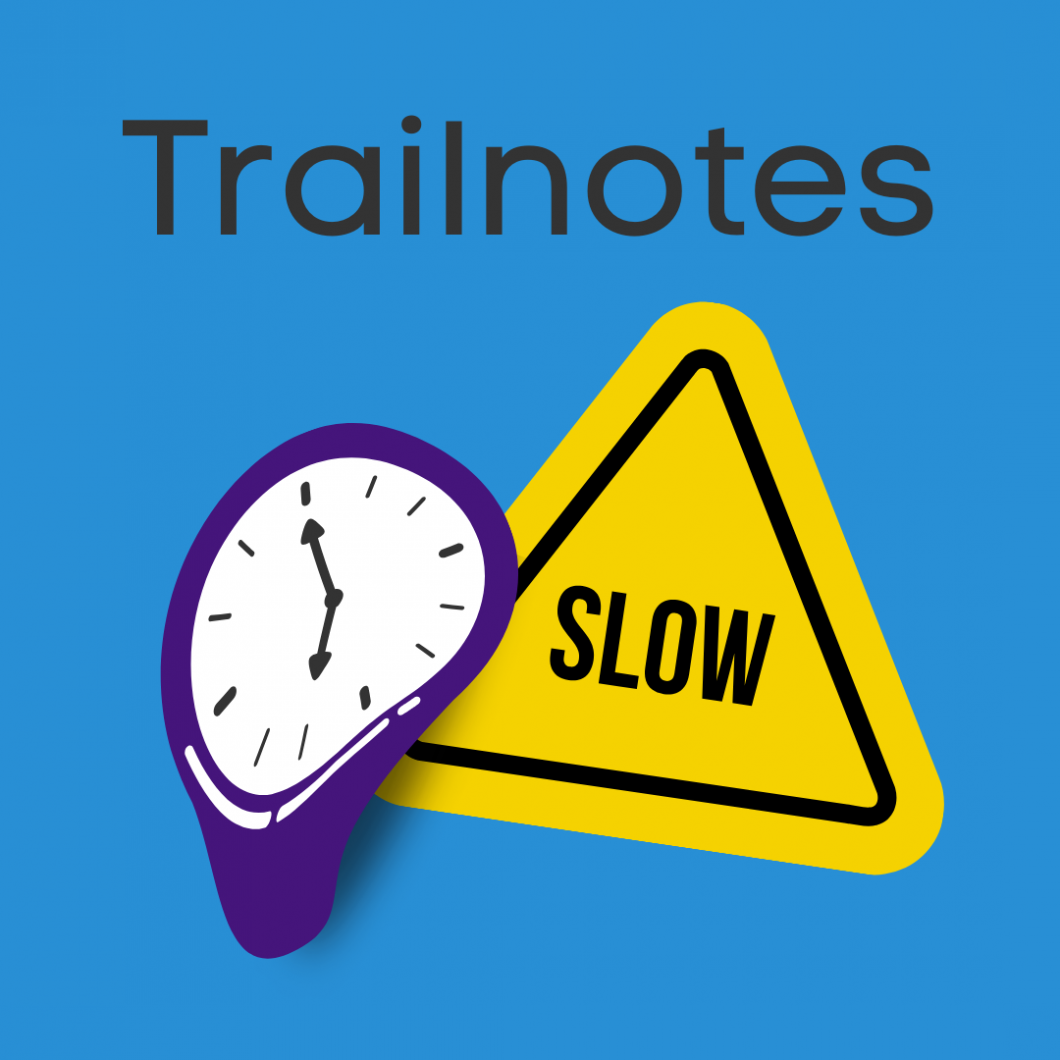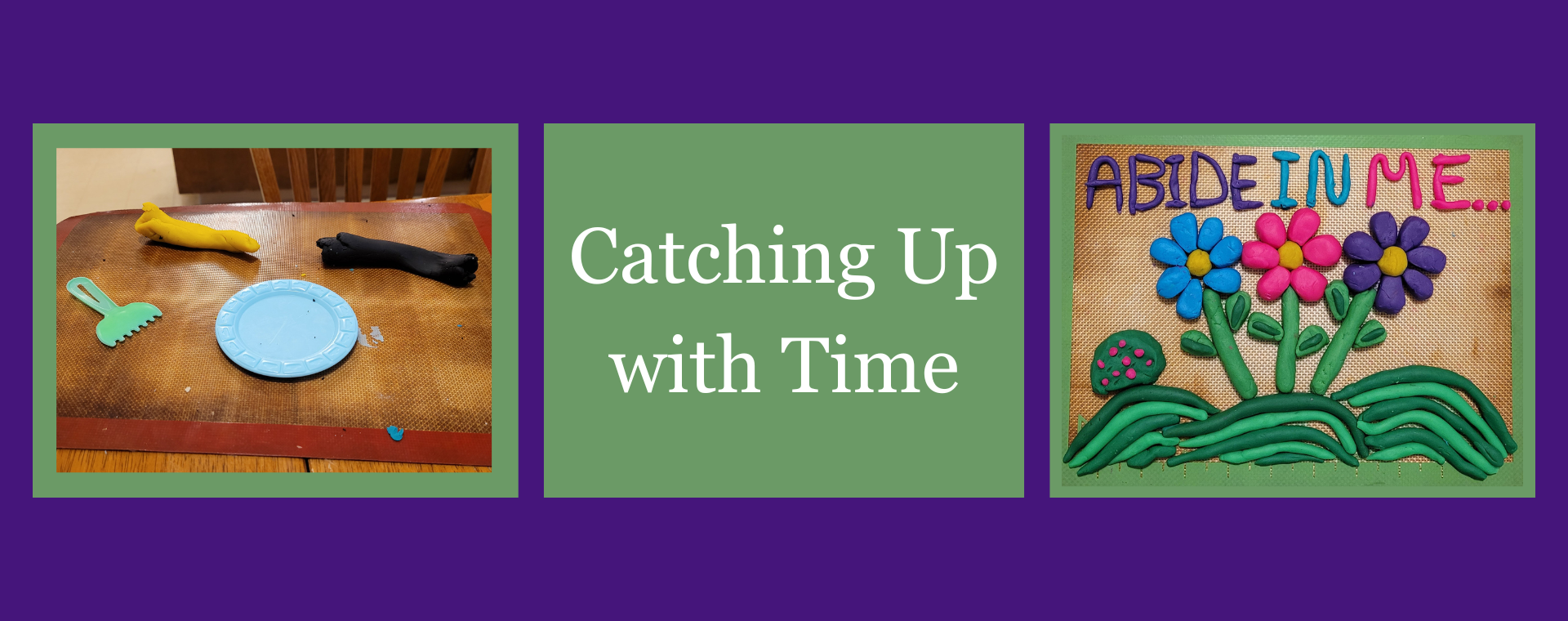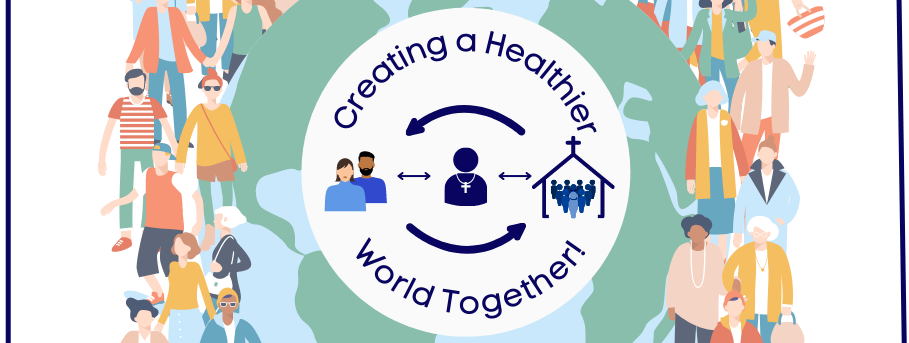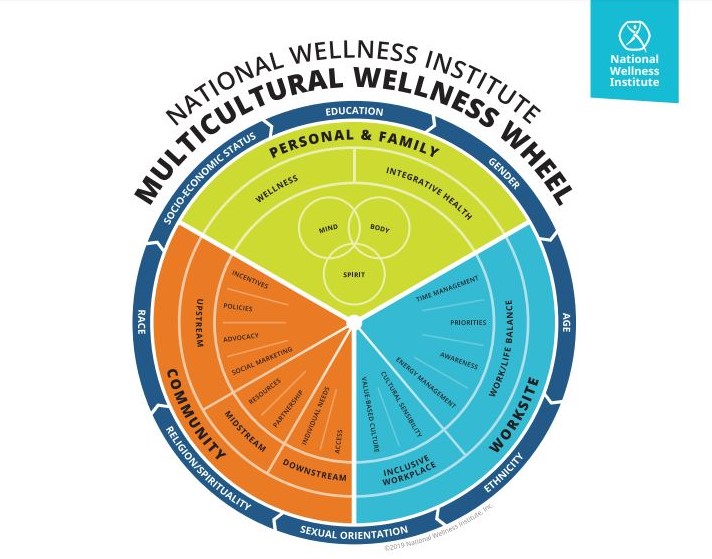I have always found April to be a challenging month. During the winter months, some aspects of my life are able to hibernate (certain home, garden, and work projects), but then spring, a season literally and figuratively budding with new life and possibilities, arrives, and I am suddenly inundated by a real sense of urgency and hurry. There is now so much to do. I’ve now got to be more productive and stop wasting time!
As we mentioned in both our January newsletter and our introduction for this month’s newsletter, the theme we are focusing on this year in our newsletter and summer series is “Pressure Points,” reflecting on some of the stress in our daily lives (productivity, perfectionism, and popularity) and possible ways we can respond more healthfully to them.
Therefore, rather than allowing myself to get caught up in my normal April frenzy, I intentionally made myself pause and consider: what do “productivity” and “wasting time” really mean?
Turning to one of my favorite resources, the Webster’s dictionary (sadly no familial connection), “productivity” is defined as:
-
- Having the quality or power of producing, especially in abundance.
-
- Yielding results, benefits, or profits.
-
- Effective in bringing about.
What struck me about this is that, societally speaking, there is a lot of emphasis placed on the first two entries for the word – “producing in abundance” and “yielding results and [particularly] profits,” which in some instances are important and should be sought after.
Yet, I believe it is the third entry for the word – “effective in bringing about” – that needs further exploration, particularly for those who are seeking to bring about God’s reign on earth (here and now).
In other words, how effective are we being in terms of loving our neighbors? Or cultivating relationships, especially with those who see the world differently than we do? Or creating intentional spaces where joy can be experienced by all who have gathered?
Regarding the definition of “wasting time,” Wikipedia Encyclopedia (which is not considered a scholarly resource, but I found it provided some helpful insight) stated that it “may refer to:
-
- Idleness, a lack of motion or energy.
-
- Goofing off, engaging in an idle pastime while neglecting obligations.
-
- Procrastination, avoidance of doing a task.”
Again, when I looked at these three entries, I found that all of them conformed to society’s general negative understanding of the term “wasting time.” And therein, I believe, lies one of our challenges. “Wasting time” can certainly become a problem when obligations and responsibilities are neglected. However, “idleness” or “ a lack of motion” is not, and should not always be considered, a bad thing.
In fact, many “successful” people (whether in business, music, arts, professional sports, etc.) have mentioned how “wasting time” is a vital aspect of their “productivity.” [Click here to read about the benefits of “wasting time.” Note: several articles about this topic that I prefer more have recently gotten moved to behind a paywall.]
Likewise, Jesus often paused in his ministry to rest and pray as he went about “productively” sharing God’s love with the world.
Therefore, this month, and hopefully in the months to come, I want to challenge us all to slow down and to intentionally “waste time” so that we can hear from God how to be more productive/ “effective in bringing about” the abundant life that God wants for us all.*
Here are some reflection questions for your consideration:
-
- What does “productivity” look like to you? Thoughts? Words? Images?
-
- Do you constantly feel like you are in a hurry or rush? What is fueling that feeling?
-
- How have deadlines, timelines, and bottom lines affected your pace of life? What sort of power have you given to these imaginary lines? What options do you have?**
-
- How would you define “wasting time”?
-
- When are “productivity” and “wasting time” compatible? When are they not?
-
- What are some of your favorite ways to productively “waste time?”
Eastertide Blessings,
Karen H. Webster
HSHC Co-founder/Executive Director
*To have more opportunities to reflect on this topic be sure to register for our Summer Series (registration opens Monday June 3, 2024)! ** The questions in this bullet point were taken from the Spiritual Disciplines Handbook: Practices That Transform Us, by Adele Ahlberg Calhoun (2015), page 80.









 When did you have COVID, and how did you experience it?
When did you have COVID, and how did you experience it? “I was intrigued to learn about Healthy Seminarians-Healthy Church’s online small- group program last fall. Working in a trauma-based ministry where every need feels absolutely immediate, I have seen many gifted caregivers exit the field early and exhausted.
“I was intrigued to learn about Healthy Seminarians-Healthy Church’s online small- group program last fall. Working in a trauma-based ministry where every need feels absolutely immediate, I have seen many gifted caregivers exit the field early and exhausted.